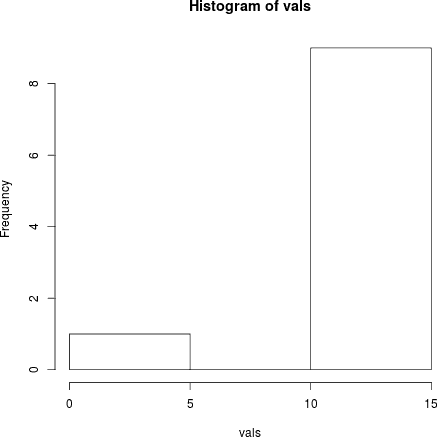lldbR is an R package for using R as a debugger interface via the LLDB API. It is not a debugger for R; it allows you to use R as a debugger for another program. See the examples below for more information.
The package requires an installation of LLDB. By default, the package will look for this in /usr/local. If your installation is elsewhere, you can specify it via the configure argument --with-lldb-home.
You can install the package from R using any of the packages which can install from GitHub (provided you set lldbhome appropraitely; see below for examples)
lldbhome <- "--with-lldb-home='/PATH/TO/LLDB'"
remotes::install_github("heckendorfc/lldbR", configure.args=lldbhome)Stable releases are published on the hpcran. You can install them via
install.packages("fmlr", configure.args=lldbhome, repos=c("https://hpcran.org", "https://cran.rstudio.com"))Alternatively, you can download the latest here and install it from the command line as follows:
wget https://github.com/heckendorfc/lldbR/archive/master.zip
unzip master
R CMD build lldbR-master
R CMD INSTALL lldbR_1.0.tar.gz --configure-args="--with-lldb-home='/PATH/TO/LLDB'"Install devel/llvm38 (or other version) with the LLDB knob enabled using ports or pkg. You may then follow the instructions above using /usr/local/llvm38 for the lldb-home path.
Because we can't have nice things, out of the box liblldb is not set up correctly. You'll need to link liblldb.so to the appropriate liblldb-VERSION.so. Here's an example of what you might do:
sudo apt-get install lldb liblldb-3.8-dev
sudo ln -f -s /usr/lib/x86_64-linux-gnu/liblldb-3.8.so /usr/lib/llvm-3.8/lib/liblldb.soIf you wish to install from R, then your lldbhome variable (as in the above) would be:
lldbhome <- "--with-lldb-home='/usr/lib/llvm-3.8/'"Or if you're installing from the command line:
R CMD INSTALL lldbR_1.0.tar.gz --configure-args="--with-lldb-home='/usr/lib/llvm-3.8/'"The installation should go similarly to the examples above. If you can provide more explicit details for one now shown here, please consider submitting a pull request.
Say we have a file /tmp/test.c that looks like:
#include <stdlib.h>
int main(){
int i;
double *x = malloc(10 * sizeof(*x));
for (i=1; i<10; i++){ // oopsie!
x[i] = 15.0;
}
// imagine we do things here
free(x);
return 0;
}If we build this as usual with something like clang -g -o test /tmp/test.c, then we can debug this from R using lldbR:
library(lldbR)
lldb.load("/tmp/test")
lldb.breakline("/tmp/test.c", 10)
lldb.run()
lldb.expr("x", 0)
## [1] 0
lldb.expr("x", 1)
## [1] 15
lldb.expr("x[1]") # same as above
## [1] 15We can also do more interesting things, like take a histogram of the first 10 elements of the array:
vals <- lldb.expr("x", 0, 10)
hist(vals)Which gives the expected histogram:
